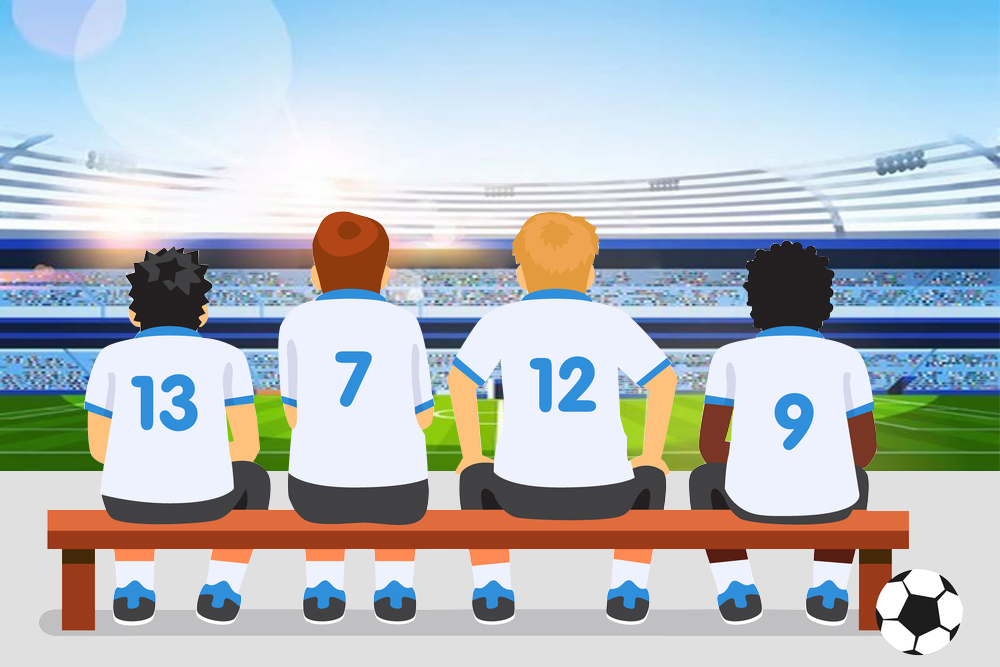
For most of us, playing a sport offers one major benefit: a healthy body. However, that is just one of the paybacks that sports have to offer you. Yes, playing a sport does build strong muscles, and bones, and it does do your physical health a world of good, but you can get fit even by hitting the gym or just running up and down the stairs or jogging regularly. Playing a sport, especially a team sport, gives your child a lot more than a healthy body. To know more about the importance of playing team sports as a child, read on:
Teaches how to lose
One of the things that are key to being successful is to learn how to lose graciously and learn from your mistakes. The world is becoming increasingly competitive and our kids have almost forgotten how to accept defeat. They want to be the best at everything and are constantly under pressure to perform at their best. Importance of playing team sports or any sport for that matter teaches the child a very important lesson: You won’t always win, and that’s OK. Failure has value and is essential for our growth as an individual and playing sports can teach our kids that.
Also Read, 7 tips for parents to help their kids become successful in school.
A test of friendship
When your child is playing a sport as a team, he/she will end up meeting a lot of new people who eventually will become his/her friends. However, facing a loss or victory as a team can truly reveal to you who your real friends are. How a team member behaves with you when you have had a bad day on the field or how happy a team member feels when you do well in the sport will reveal so much to you about who deserves your friendship and who doesn’t. While true friends will always inspire your child to do their best and will help the child excel as a team member, there will be those who would be waiting for your child to have a bad day.
Builds character
Being part of a team and playing a sport not only enhances a child’s mental strength but also builds character. Your child will learn many life lessons as you constantly tell him/her to not let victories go to the head and not let losses go to the heart. The child eventually becomes emotionally strong and resilient to never give up. Whenever the odds are against you, it should not demotivate you but drive you instead to do even better. Your child will learn how to deliver under pressure and not play for personal glory but for the victory of the team. All these lessons go way beyond playtime and immensely help in guiding kids in their day-to-day lives.
A sense of commitment
When your child commits to be a part of a team, be it a match in his/her backyard or a basketball session with friends, the child will feel a sense of responsibility. He/she will understand that it is not possible to simply walk out of the team as and when you feel like it. You are expected to show a sense of commitment toward your team. This can go a long way in helping the child once he/she grows up. The child will be mentally equipped to commit to a subject, a speciality, an organization, a relationship, and more.
Please remember that playing a team sport is not about being a part of the National team or winning State level accolades. Even playing gully cricket with your friends or playing football with your buddies or playing basketball with your pals can go a long way in offering you a number of benefits. The key is not to train your child to win an Olympic medal but to simply motivate the child to participate in more and more team sports.
Authored by Bhavna Bhalla,
A full-time mother for the last six years and a part-time writer for over a decade with a passion for travelling and engaging in intellectually-stimulating conversations.



